You can download and read this article published in the European Society of Medicine’s journal about how the advocates help keep the I-SPY Trial patient-centered.
For more information about I-SPY 2 advocacy please contact
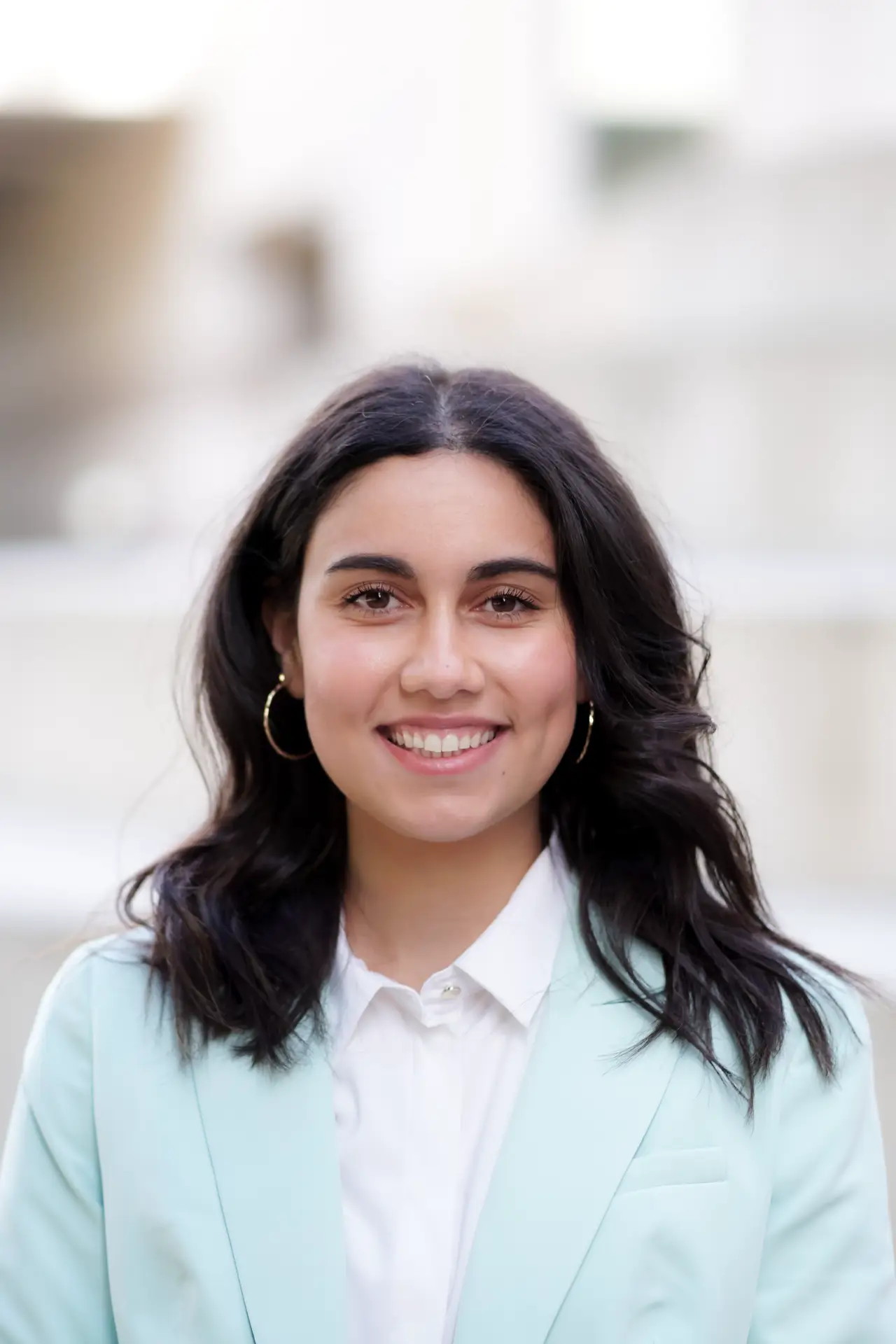
Silver Alkhafaji is a PhD candidate in the Pharmaceutical Sciences and Pharmacogenomics (PSPG) program at UCSF. She received her Bachelor of Science in Chemical Biology from UC Berkeley. Prior to UCSF, she worked in the Clinical Pharmacology Department at Genentech. Silver’s current research focuses on non-invasive liquid biopsies to predict response and side effects of immunotherapies and endocrine therapies in early-stage breast cancer participants in I-SPY 2.
Silver is interested in clinical outcomes research to advance precision medicine and improve cancer patients’ quality of life. She is passionate about health equity, inclusive research, patient advocacy, and women’s health.
Silver volunteers at the Patient and Family Cancer Support Center at UCSF where she assists in patient navigation and connecting patients and their families with resources that improve their healthcare experience while receiving cancer treatments and/or during survivorship.
Through her DEI work in her PhD program, Silver raises awareness around issues related to social justice and community building through organizing community-centered events. Additionally, she is a member of the Life Sciences Career Advisory Council at Thrive Scholars, where she enjoys supporting college students of color from economically disadvantaged communities in providing the opportunities they need to thrive at top colleges and in high-trajectory careers.
Silver is a member of the American Association of University Women (AAUW) Alameda Branch where she focuses her efforts on increasing membership of community college women coming from exceptional backgrounds: student parents, low-income, and first-generation college students.
In her free time, she writes poetry and prose on emotional healing, radical acceptance, and patience. Writing has helped her process difficult situations and connect with people on a deeper level.
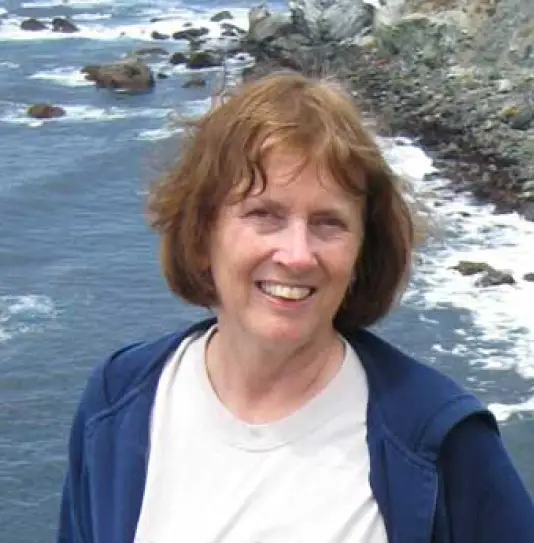
Susie Brain is a breast cancer survivor and a dedicated patient advocate. Over the past 15 years she has worked with both local and national advocacy organizations and serves on several research and survivorship committees involving government, academic, and non-profit organizations. She is an informed and well-trained research advocate having graduated from the National Breast Cancer Coalition’s cancer science training program “Project LEAD Institute”, and their advanced courses: “Clinical Trials Project LEAD” and “Quality Care Project LEAD”. She has served as a Stakeholder Reviewer for the American Cancer Society, as a Consumer Grant Reviewer for the DOD Breast Cancer Research Program, as Komen “Advocate in Science” reviewing grants for Susan G. Komen for the Cure®, and as an Advocate Observer for the California Breast Cancer Research Program. She has been a research advocate with the UCSF Breast Science Advocacy Core (formally SPORE) since 2009.
She currently serves as an advocate on the Investigators and Quality of Life/Patient Reported Outcomes Working Groups for the I-SPY 2 Clinical Trial; as an advocate on the Consumer and Community Advisory Committee of the ATHENA Breast Health Network (a collaboration of the five University of California Medical Centers); and as an advocate stakeholder on the PCORI-funded WISDOM Study and its Bioethics Working Group. Susie also serves as a Patient Advisor for BreastCancerTrials.org. At the Stanford Cancer Institute (SCI), Susie is a patient advocate/community member on the Scientific Review Committee, which reviews all new cancer-related clinical trials proposing involvement of cancer patients at Stanford; she is also a member of the SCI Community Advisory Board.
Susie has participated in breast cancer-related observational trials and regards it as a key component of her research advocacy work that she understands current clinical trial issues and research trends that impact patients and their families. As an American Cancer Society Reach-to-Recovery peer mentor volunteer and as a Helpline volunteer with Living Beyond Breast Cancer, Susie provides direct support, resources and hope to women newly diagnosed with breast cancer. She addresses the needs of all patients and their caregivers as a member of the Cancer Survivorship Coalition of Silicon Valley. These experiences allow her to share diverse patient perspectives and quality of life concerns with scientists applying for research funding and who are planning clinical trials. Susie received a B.Sc. in Biology and a post-graduate teaching credential from the University of Wales, Swansea, Great Britain.
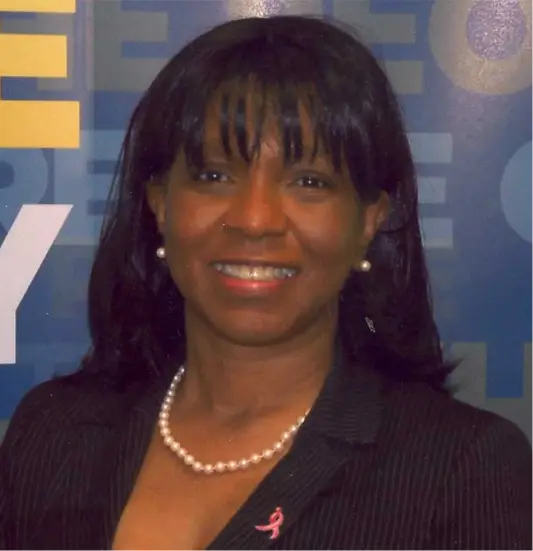
In 2008, Thelma Brown was diagnosed with breast cancer and in 2014 she was diagnosed with a recurrence. Her relationship with breast cancer, however, began much earlier than that because additionally, her mother and five of her sisters also had breast cancer. Having lost two sisters to Her2+ breast cancer, and another to a myelodysplastic syndrome, secondary to breast cancer treatment, she is deeply committed to supporting research that will lead to better understanding of this disease, as well as more effective and less toxic treatments. Thelma’s analytical skills, which were honed by her formal education in engineering, her keen interest in the sciences, as well as her perspective of that of a survivor and co- survivor, is a unique, but perfect fit for patient and research advocacy.
Recognizing the importance of the patient’s perspective, Thelma became involved in patient and research advocacy eight years ago. As a member of the Breast Cancer Working Group at Birmingham (UAB) Comprehensive Cancer Center, she has worked closely with basic science, clinical, and translational researchers. She previously served as an advocate for the UAB Breast SPORE grant. She has also collaborated with researchers at Southern Research Institute in Birmingham, AL. Thelma is a patient advocate with the Translational Breast Cancer Research Consortium (TBCRC), acting as Lead Advocate for the Endocrine Resistance Working Group and I-SPY2 trial. Through her outreach activities in the African American community, she educates the community on the importance participation in clinical trial, which she sees as critical in closing the mortality gap.
In addition to patient/ research advocacy, Thelma currently serves on the Board of the Directors of North Central Alabama-Susan G. Komen, Advocates in Science Committee, and as the Education Chair for the affiliate. She also a member of the Black Belt Breast Cancer Coalition, the Alabama Comprehensive Cancer Control Coalition, and the Community Advisory Board for the Gulf States Young Breast Cancer Survivor Network.
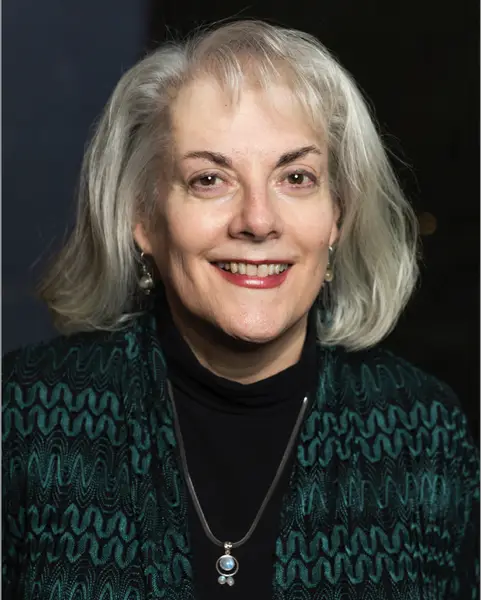
Deb is a connector who founded Patient Advocates in Research (PAIR) “where research meets reality,” bringing ideas and people together for medical advances that offer real results for diverse patients and families.
Her vast experience between the worlds of tech, communication, strategy, management, policy, and equity bridges gaps between patients, scientists, medical providers, payers, governments, and non-profits.
Deb infuses patient engagement into projects, gathers relevant patient input, and encompasses many diseases, programs and policies at grassroots, national and international levels through companies, academia, and governments.
Key patient insights are delivered throughout discovery, development, clinical trials, results reporting, data-sharing, standards, genomics, and into practice.
Her experience spans translational and clinical research, epidemiology, health outcomes, and health delivery research with academia, federal agencies, companies, and patient communities.
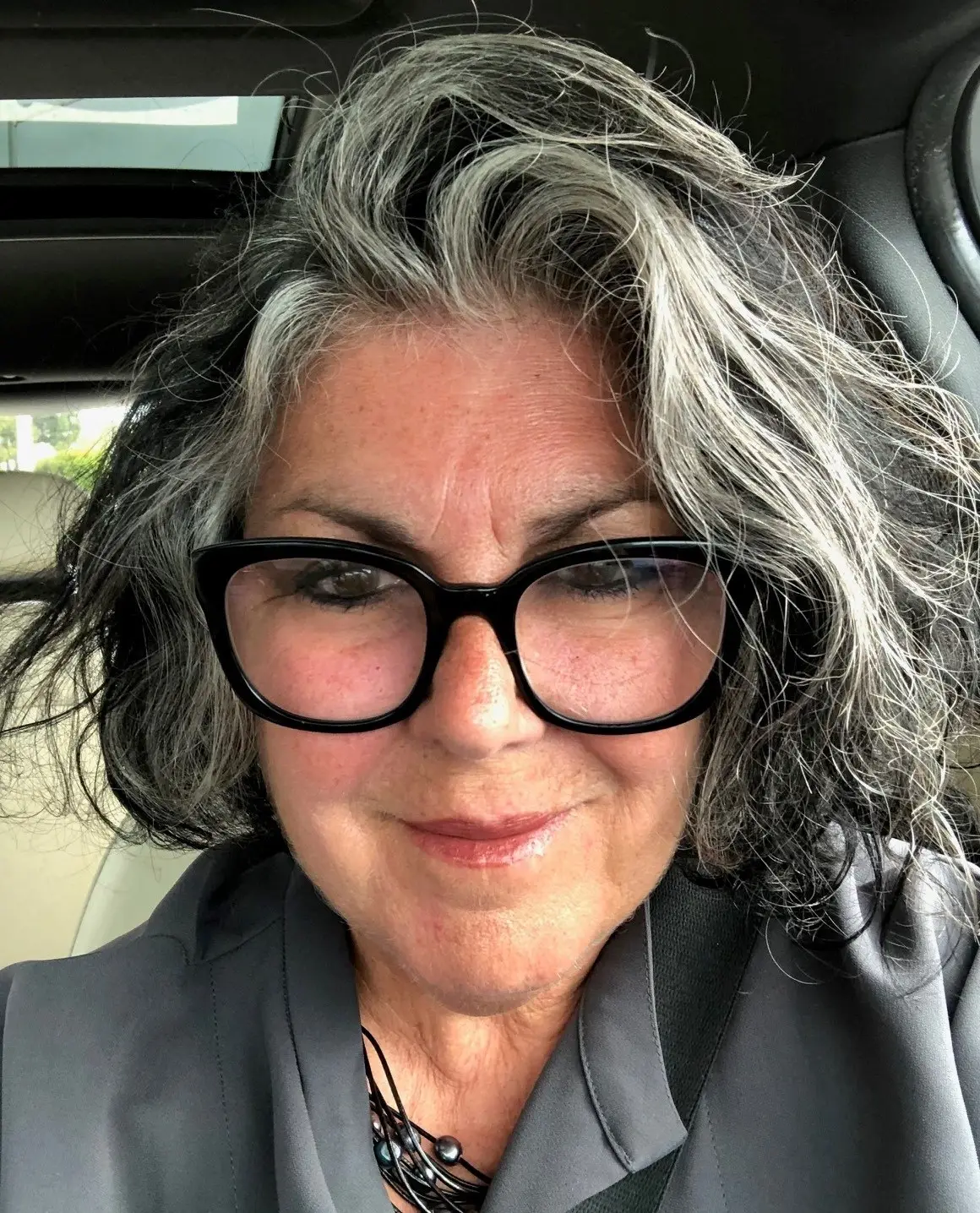
Carolyn Clark Beedle, a 2023 breast cancer survivor, joined the advocate program after successful completion of treatment with the UCSF Breast Oncology Program. Her experience working with a patient advocate during her TNBC treatment led to an understanding that empowering women to advocate for their own health and healthcare will contribute to improved health outcomes and broader access to care. Carolyn began advocating for cancer patients and their families during her treatment, now is a member of the Breast Science Advocacy Core (BSAC) with the UCSF Breast Oncology Program, and currently shares information and research with CFNP associates at La Clinica in the Bay Area to inform and empower their patient population.
Carolyn is continuing her on the ground training as an advocate reviewer with both Quantum Health and BSAC and is enrolled in the Patient Advocacy Training in Health Science course with Stanford Medicine. Her 30+ career in corporate marketing/communications, program development and non-profit leadership augmented by her breast cancer treatment experience serves Carolyn well in representing and communicating the patient voice and perspective.
She received her BA (History/English Lit) and MA (Public History/Research and Record Management) from the University of San Diego, is a proud fifth generation San Franciscan, and active board member with numerous non-profits that support social work and the arts.
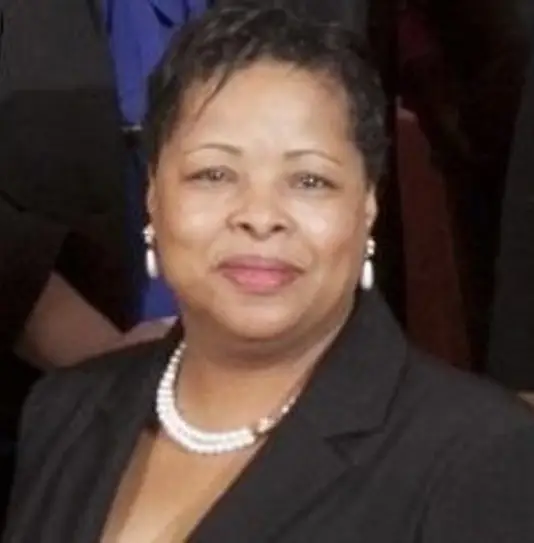
Coleen Crespo is an eleven-year breast cancer survivor. She has 30 years of scientific research experience, fifteen of which are as Lead Clinical Data Manager at Duke Clinical Research Institute (DCRI), a position she currently holds. Her professional clinical trials experience is in oncology, heart, liver and ophthalmology.
Coleen is an active and engaged breast cancer advocate with many local, regional and national engagements including as a grant reviewer for Susan G. Komen North Carolina Triangle to the Coast; Vice-Chair, Patient Advocate Committee of Alliance for Clinical Trials in Oncology and Co-Chair, Health Disparities Education Committee. Coleen is also a patient advocate member of the Translational Breast Cancer Research Consortium (TBCRC) at UNC Chapel Hill as well as an advocate for UNC’s S.P.O.R.E. (National Cancer Institute-funded Specialized Program of Research Excellence). For NCI she also serves as a patient advocate on the BOLD Task Force Steering Committee and the Breast Cancer Steering Committee for Clinical Trials. Coleen is a PCORI Patient and Stakeholder Partner, Secretary for the Sisters Network Triangle and serves as a patient advocate on the North Carolina Advisory Committee on Cancer Coordination and Control.
Coleen holds a Masters, Information Science and a Certificate in Clinical Trials Research – Data Management.
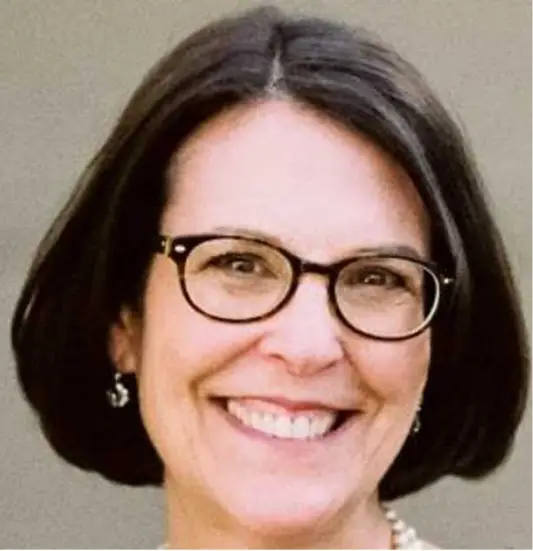
Amy L. Delson is an active research advocate and two-time (2000, 2019) breast cancer survivor with a family history of mid-life, intergenerational DCIS, IDC, and MBC. A licensed architect, she founded Strategic Facilities Planning in 1996 to provide design services for science, education and patient care projects. Her practice has focused on laboratory and strategic planning for clinical medicine, pathology, and translational research to academic and community health care systems such as UCSF, Stanford, UCLA, UCI, Kaiser, VA, Providence, Sutter, PPH, and John Wayne Cancer Institute.
Amy has translated her skills in working with scientists and healthcare providers to her research advocacy. She has been a client of, then a volunteer with, Bay Area Cancer Connections including participating in their Research Advocacy Program and providing design services for their relocation projects. She attended Project LEAD, Lynn Sage, ABCF, and FDA trainings; is a DOD CDMRP reviewer and a Komen Advocate in Science; was a CBCRP observer; and is an advocate member of various awarded grant teams.
In 2017, she joined the UCSF Breast Science Advocacy Core. A member of the I-SPY 2 platform trial Biomarker, Pathology, and Data Access and Publication working groups, she is also listed as a corresponding author on related scientific articles and has presented at symposiums. For the Translational Breast Cancer Research Consortium (TBCRC), she is the UCSF advocate representative. Her interest is in providing the patient perspective to scientists and clinicians on projects related to correlative science, molecular biology, immunology, and clinical trials to prevent breast cancer onset, resistance, and recurrence.
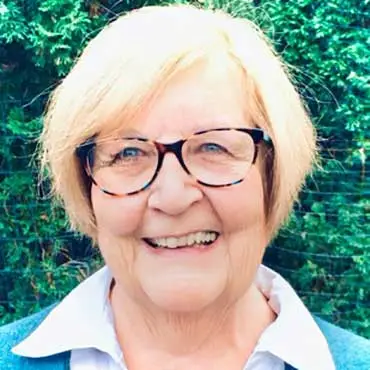
Peggy Devine is a Medical Technologist and holds a Bachelor of Science in chemistry and biological science and an MT or Medical Technologist (American Society of Clinical Pathology) license. She has worked in both clinical and research laboratories for over 25 years. She retired from that work after her breast cancer diagnosis in 1994 and served as an Assistant Administrator of the Breast Oncology Program at UCSF to learn the world of breast cancer research from the inside. During that period, she became the Advocate Manager of the I-SPY 1 Trial, bringing the patient experience to the table and designing patient-centered educational materials for the trial.
Peggy left UCSF after six years to form the non-profit organization, Cancer Information & Support Network (CISN) for which she serves as President. CISN helps patients who have been diagnosed with cancer understand the importance of research principals and offers free e-Course online trainings to advocates. Peggy Devine is a Medical Technologist and holds a Bachelor of Science in chemistry and biological science and an MT or Medical Technologist (American Society of Clinical Pathology) license. She has worked in both clinical and research laboratories for over 25 years. She retired from that work after her breast cancer diagnosis in 1994 and served as an Assistant Administrator of the Breast Oncology Program at UCSF to learn the world of breast cancer research from the inside. During that period, she became the Advocate Manager of the I-SPY 1 Trial, bringing the patient experience to the table and designing patient-centered educational materials for the trial. Peggy left UCSF after six years to form the non-profit organization, Cancer Information & Support Network (CISN) for which she serves as President. CISN helps patients who have been diagnosed with cancer understand the importance of research principals and offers free e-Course online trainings to advocates. www.CISNcancer.org
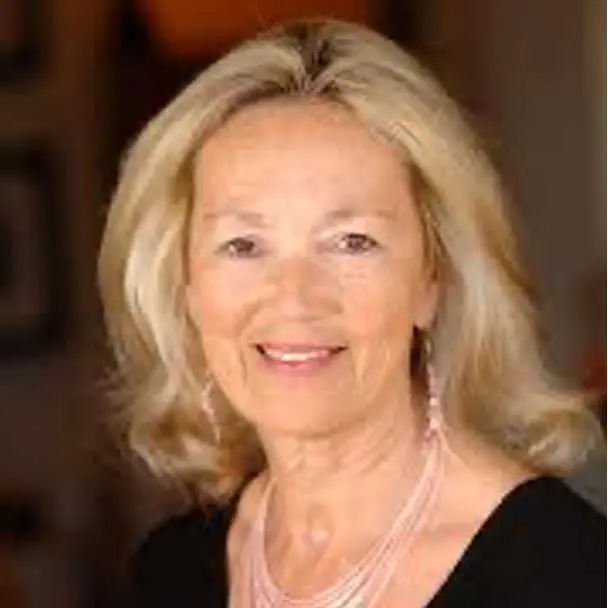
Sandra (Sandy) Finestone, is a 30-year breast cancer survivor and research advocate who has been a volunteer for Susan G. Komen for over 25 years. Sandy serves on the Advocates in Science (AIS) Steering Committee and as the advocate representative on the Komen Scientific Advisory Board.
A long-time advocate, Dr. Finestone organized a support group for husbands of breast cancer survivors. She also founded the Orange County Breast Cancer Coalition and opened the Hope Wellness Center to meet the needs of breast cancer survivors. She has a private therapy practice with a focus on cancer patients and their families and facilitates support groups for women with cancer as well as women dealing with metastatic disease. Her young women’s group is in collaboration with the Young Survival Coalition
Her advocacy knows no borders; in 2009, Dr. Finestone went to Jordan to facilitate a meeting that taught healthcare providers about support groups for women with breast cancer, and later that year, returned to the middle east to train women in Kuwait and Egypt about support groups.
She has been recognized for her work, receiving the 2002 National Komen Outstanding Volunteer of the Year for Lifetime Achievement. Dr. Finestone serves as a RISE Advocate for Young Survival Coalition (YSC), representing YSC at external conferences and scientific discussions and participating on review boards for research. She reviews research grants for Komen as well as the Department of Defense, Cochrane, Avon, PCORI and the states of New York and California. She is an Ambassador for PCORI.
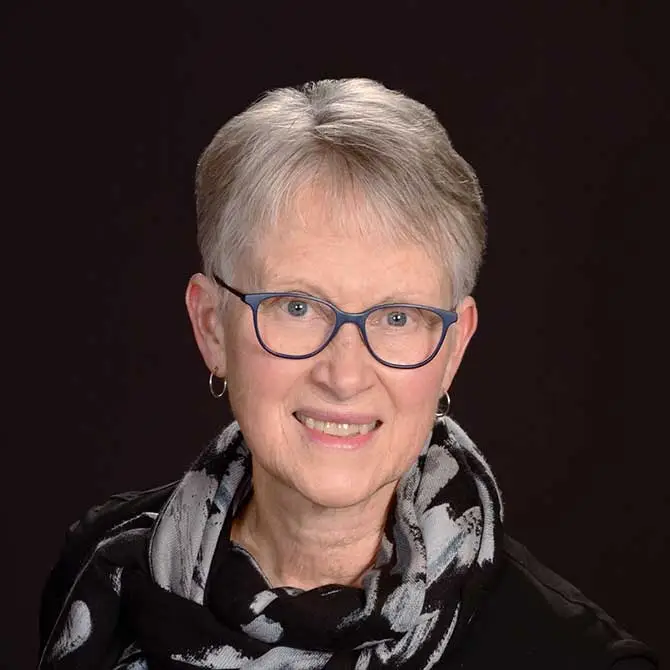
Pat Haugen is a 23-year survivor of inflammatory breast cancer. She has experience as a Department of Defense Breast Cancer Research Program consumer peer reviewer, Integration Panel member, and Chair, as well as a consumer reviewer for the California Breast Cancer Research Program and for the American Cancer Society. She serves on a community Institutional Review Board (IRB) and on the PRIME IRB and served as a member of the National Cancer Institute’s Adult Central IRB – Early Phase and Late Phase Boards and has served on National Quality Forum Steering Committees. She participated in the National Breast Cancer Coalition (NBCC) Quality Care – Measuring What Matters Project and also served as the consumer representative to the Advisory Board of the Consumer Operated and Oriented Plan (CO-OP) Program, part of the Affordable Care Act. She represented the breast cancer advocacy community at the Accelerating Anticancer Agent Development and Validation Workshop, serving on the Program Committee for four years. She also has experience as a public policy and Mayo Breast Cancer and Ovarian Cancer SPORE advocate and serves as a Patient Investigator on a PCORI grant to improve hypertension control and as an advocate on several other breast cancer research projects.
Pat spent more than 30 years in the information technology industry and has served as a board member in higher education and long-term care. Pat has a degree in mathematics and a certificate in public health and has completed National Breast Cancer Coalition’s Project LEAD courses in Breast Cancer Science, Quality Care, and Clinical Trials.
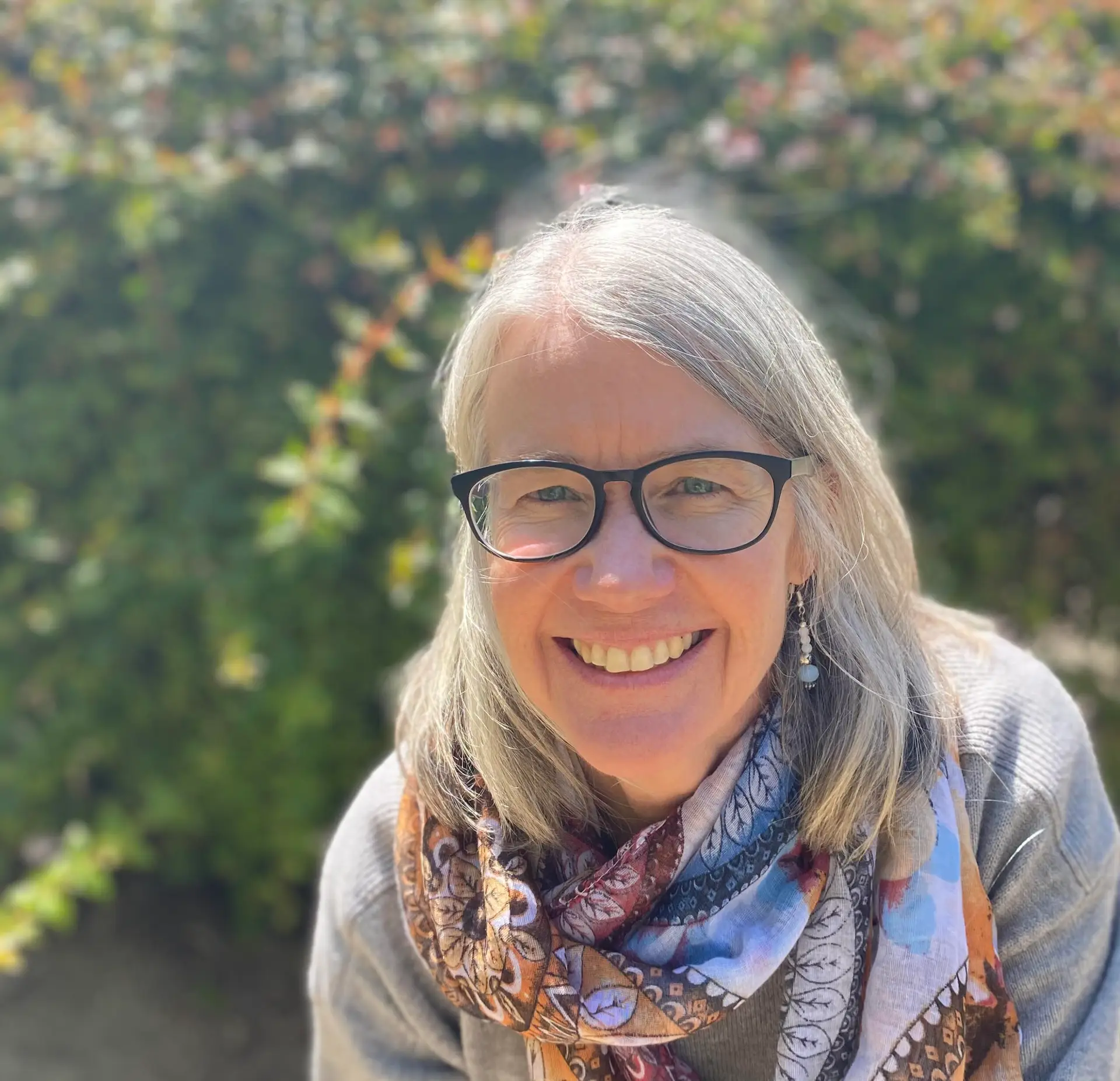
As Patient Engagement Lead at Quantum Leap, I manage follow-up data projects for the I-SPY 2 Trial, develop strategies to strengthen patient engagement, and oversee the I-SPY Advocate group. After six successful years raising funds to support Quantum’s mission, I embraced this new role last summer, drawn by the opportunity to make a direct impact on the patients we serve. Each day brings new challenges and insights, and I especially enjoy supporting and collaborating with our inspiring I-SPY Advocates.
Outside of work, I am pursuing a Master of Public Administration with a focus on nonprofit management at SF State. I’m passionate about trail running, skiing, live music, camping, traveling, and collegiate gymnastics—my daughter competes at Oregon State. For the past 5 years, I have volunteered with SF CASA as a mentor to an incredible 18-year-old foster youth whose resilience continually reminds me of life’s true priorities.
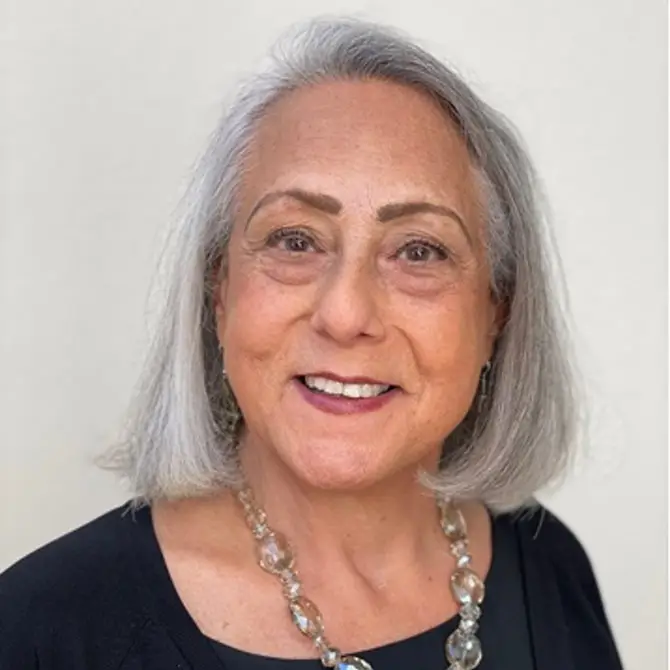
Diane Heditsian’s work as a patient, policy and research breast cancer advocate is informed and driven by her experiences as a four-time breast cancer patient and survivor. As an engaged advocate of eighteen years, she works to educate and empower women to advocate for their own health and healthcare, with the goal to improve health outcomes equitably. Working with clinicians, researchers and legislators, she advances quality of care, participation in clinical trials, and medical science discovery.
Diane is a sought-after speaker for diverse audiences and was the advocate speaker at ASCO’s inaugural Cancer Survivorship Symposium, presenting An Advocate’s Prescription for Survivorship Care. For fifteen years she has served as a breast cancer peer counselor with various non-profit organizations and is currently helping women through Living Beyond Breast Cancer.
She brings her background and skills in communications and marketing as well as knowledge of drug development, clinical trials and health systems as founder and CEO of deClarity, a global life science communications consultancy. She has donated her professional skills toward the creation of both the I-SPY and WISDOM Clinical Trials’ patient websites.
In 2009 she joined the University of California, San Francisco, Breast Oncology Program’s SPORE (now Breast Science Advocacy Core) to help researchers translate their findings into the clinic. Diane supports a number of I-SPY 2 Trial activities including the Investigational Agents, Patient-Reported Outcomes/Quality of Life, Biomarkers and Primary Investigators Working Groups. She has also been involved in weekly discussions regarding future developments in the I-SPY trial. She advocates on the PCORI-funded WISDOM Study, advancing precision breast cancer screening. She guides the National Coalition of Cancer Survivorship through its Cancer Policy and Advocacy Steering Committee. As a member of Susan G. Komen’s Advocates in Science she supports academic and industry researchers around the country. She has reviewed Susan G. Komen grants both nationally and for the Komen San Francisco Bay affiliate. She serves on the Board of Directors for the Armenian Healthcare Association of the Bay Area (AHABA), planning, funding, and implementing projects in her ancestral home, to improve the health of its people. As a National Breast Cancer Coalition Project LEAD and Research Advocacy Network-trained science advocate as well as an Alamo and DIA Scholar, she is a Consumer Reviewer for the Department of Defense Congressionally Directed Breast Cancer Research Program and has co-chaired an ERA of HOPE Conference symposium. Diane is a Phi Beta Kappa graduate of Tufts University.
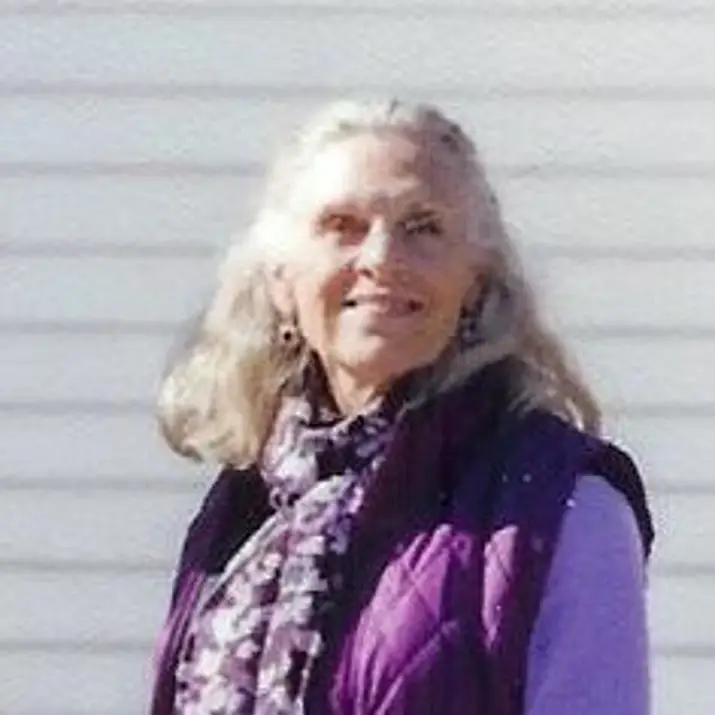
When Barbara LeStage was fifteen, her mother who was forty-one years old, she died of pancreatic cancer. In the 1970s her father was diagnosed with spindle cell carcinoma of the face requiring extensive surgery and radiation.
Barbara is a 25-year BC survivor. Her career as a cancer advocate began in 1975 and since then much of her life has been committed to educating herself about science and cancer, helping others to learn about early detection and treatment, reviewing research applications and protocols, participating in the design of clinical trials and teaching young investigators how to write clinical trial protocols.
Some of her positions have included: Chair, NCI Director’s Consumer Liaison Committee (now NCRA); Faculty, Radiological Society of North American Clinical Trials Methodology Workshop; Chair, American College of Radiology Imaging Network (ACRIN) Patient Advocacy Committee; Member, ACRIN Steering Committee; Member, NCI Advisory Committee to the Director; Member, NCI Central Institutional Review Board; Chair, FNIH “I-SPY 2” Consent and Protocol Review Working Group; Faculty, ASCO/AACR Methods in Clinical Cancer Research Workshop Member; Member, NCI Clinical Imaging Steering Committee; Member, NCI Patient Advocate Steering Committee; Member, NCI Concise Informed Consent Document Planning Committee; Member, Clinical Trials Transformation Initiative Steering Committee; Consumer Reviewer, Department of Defense Breast Cancer Research Program; Member, FDA Patient Advocate Collaborative Planning Team, and Member, Alliance Patient Advocacy, Cancer in the Older Adult and Imaging Committees.
Barbara received a B.S. degree from Denison University and a Master of Health Professions from Northeastern University’s Bouve College of Health Sciences. Bev Parker is a long-term, three-time breast cancer survivor and advocate. Her experiences have involved education, career, and volunteer activities. She earned graduate degrees in business (MBA) and social work (MSW), focusing on cancer whenever possible. She then earned a PhD in public health, conducting a qualitative study of male breast cancer as her dissertation research.
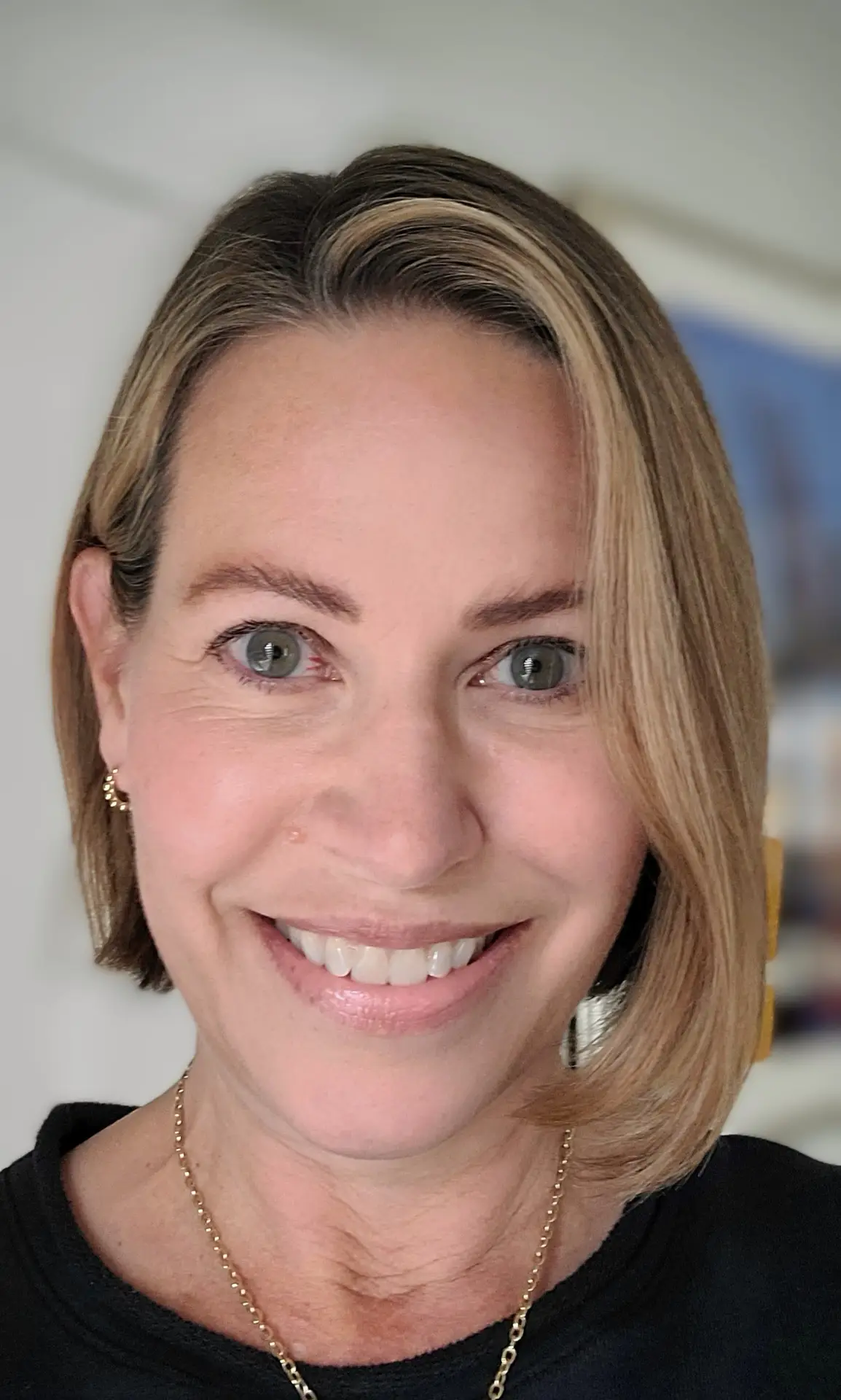
Jane is a breast cancer survivor and advocate dedicated to positively impacting the lives of women affected by the disease. Diagnosed with triple negative breast cancer in 2012, she participated in the I-SPY 2 trial at UCSF and has been cancer free for more than ten years.
Her advocacy journey began in 2003 at UCSF as a volunteer with the Patient and Family Cancer Support Center and Decision Support Services and she previously managed the Peer Support program at UCSF. Drawing on her experience in marketing and media strategy, she uses her skills to make a meaningful impact by supporting advocacy and research that improves outcomes for women living with breast cancer.
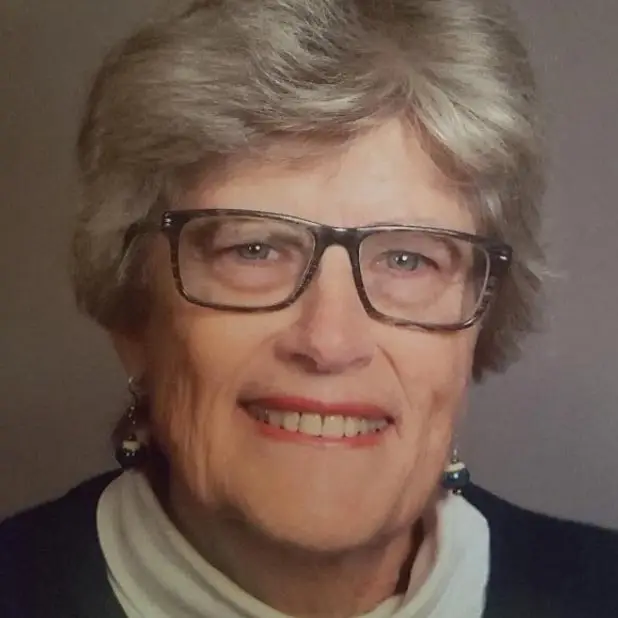
Bev Parker is a long-term, three-time breast cancer survivor and advocate. Her experiences have involved education, career, and volunteer activities. She earned graduate degrees in business (MBA) and social work (MSW), focusing on cancer whenever possible. She then earned a PhD in public health, conducting a qualitative study of male breast cancer as her dissertation research.
She worked for many years in the business college at the University of Illinois, Chicago as the Associate Director of the Institute for Entrepreneurial Studies. After officially retiring, she worked at Y-ME National Breast Cancer Organization, first as Hotline Director and later as Research Analyst. During that time, she supervised the 24-hour hotline, answered in both English and Spanish; assisted in developing credentialing for hotline responders; facilitated monthly in-service programs with leading breast cancer specialists; coordinated monthly mailings of timely research articles; and represented Y-ME at numerous meetings, including AACR, SABCS, NBBC, APOS, ONS, and OSW.
Bev has served on various grant review committees, including DOD, Komen, and California Breast Cancer Research Program. She has received advocacy training through Y-ME, Komen, Alamo Breast Cancer Foundation, three Project LEAD trainings, AACR, Research Advocacy Network, and I-SPY, and has served on two institutional review boards. She founded two breast cancer support groups, one through Y-ME and one through a local hospital. For more than three decades, she has counseled countless women and men struggling with breast cancer diagnoses, through helplines at Y-ME, Living Beyond Breast Cancer, and the American Cancer Society. Her primary interests have always been the psychosocial aspects of breast cancer and the quality of life of survivors.
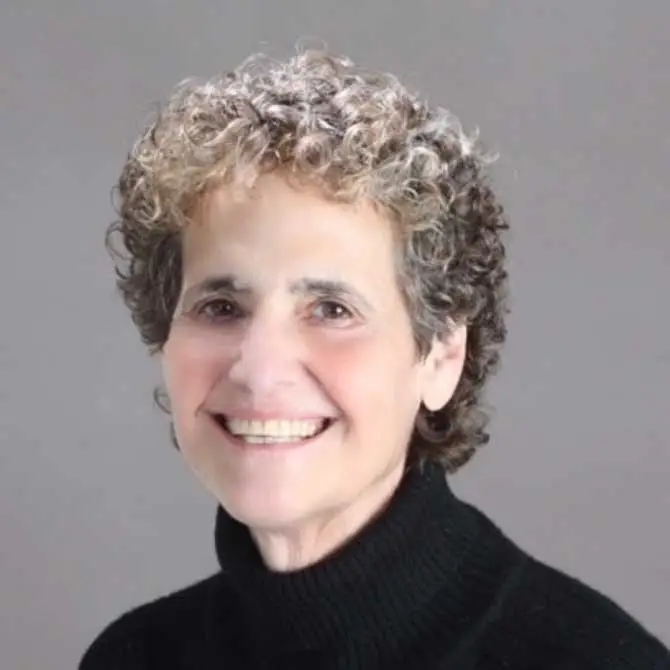
Jane Perlmutter is a long-term cancer survivor and active advocate. While her advocacy is largely rooted in her own experiences, it is also informed by her formal training in cognitive psychology and experimental methods (Ph.D.), computer and information science (MS) and business (MBA), as well as her career experiences which included many years in academia, not-for-profit R&D, corporate senior management and independent consulting.
Much of her advocacy has focused on clinical trials–ensuring that the patient voice is considered in selection of research questions, design of trial protocols that are sensitive to patient issues and encouraging innovation to increase the speed of developing new treatments. She is especially interested in innovative trial designs that can speed new treatments to patients who need them and serves on the Steering Committees and lead advocate on the I-SPY 2 and TAPUR trials, two groundbreaking trials. Jane is also an advocate member of NCI’s Breast Cancer Steering Committee, the Alliance (formerly CALGB) Cancer Cooperative Group and Translational Breast Cancer Consortium (TBCRC).
Over the past five years she has cut back on her paid consulting and spends a majority of her time devoted to advocacy. During this time, she has expanded her involvement beyond cancer and is increasingly focused on health research policy and big data/real world evidence (RWE) in medical research. For example, she has been involved with Clinical Trials Transformation Initiative (CTTI), Friends of Cancer Research (FOCR), Reagan-Udall Foundation, Multi-Regional Clinical Trials Center (MRCT) and has been on a number of NCI and NAS committees. She is currently the chair of the Patient Centered Outcomes Research Institute’s (PCORI) Patient Engagement Advisory Panel and has developed and delivered a variety of advocacy training and is often asked to present the patient/advocate perspective at many professional meetings.
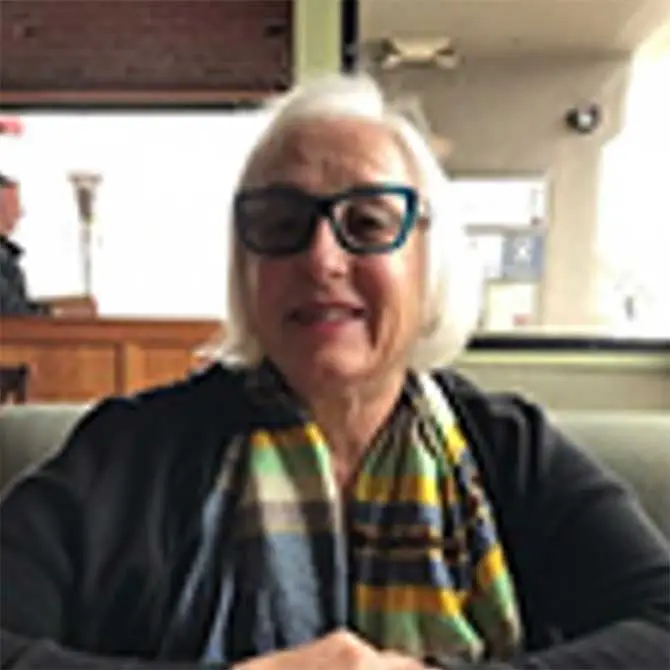
Susan Samson serves as a seasoned research advocate for the University of California, San Francisco (UCSF) Breast Oncology and PS-ON Programs. She brings an extensive background in epidemiology research, clinical trials administration, cGMP standards, and FDA regulatory requirements, supported by masters-level training in public health (MPH).
Notwithstanding involvements in novel physical sciences and oncology mechanobiology research at program inception, Susan’s other areas of oncology interest include: Triple Negative Breast Cancer (TNBC) disparities research; as well as HER2 breast cancer models of causation and treatment. Susan currently serves as the advocate on the UCSF Breast Oncology Site Committee, which aims to integrate the science of advocate input in clinical trial development. In addition, she has reviewed grants for Komen, CBCRP, Avon, and SPORE programs and has served as a vital catalyst for transdisciplinary innovation as an advocate co-investigator/adviser on eleven breast cancer funded grants. Moreover, Susan has a notable record of presentations and peer- reviewed publications.
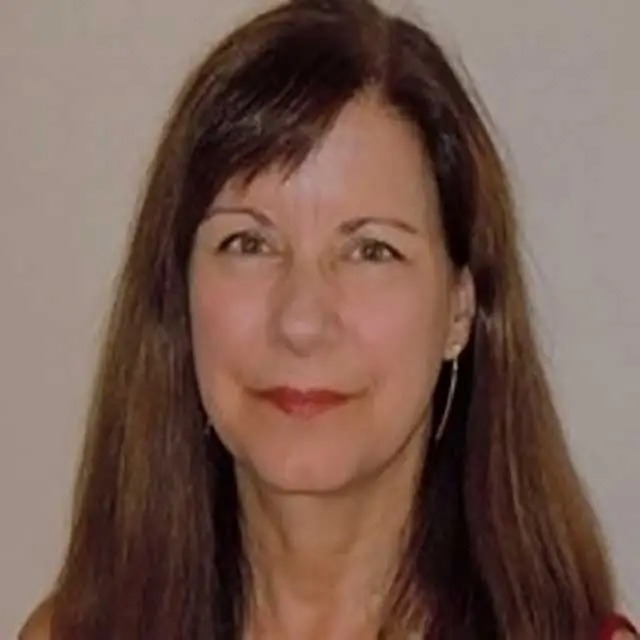
Carol Simmons has been an advocate in the UCSF BSAC program since 2010. A 13-year breast cancer survivor, she attended Project LEAD in 2013 and has attended SABCS twice, as well as participating regularly in the UCSF Breast Oncology Annual Retreat. She is also a Komen advocate and attended the Lynn Sage Breast Cancer Symposium in 2019.
Carol works regularly with several UCSF researchers on grant proposals, including as a co-investigator for UCSF’s “Ask Your Pathologist” program. She also served as a consumer reviewer for the USAMRMC/CDMRP 2016 Breast Cancer Research Program panel for Breakthrough Awards Level 1 and 2. Carol serves as one of the BSAC advocates to the San Francisco Cancer Initiative (SF CAN) breast cancer task force.
As a librarian and management professional she feels that she brings especially pertinent skills to the BSAC and Komen Advocate in Science programs and will bring the same dedication to the I-SPY advocate group. She is an experienced researcher, speaker and advocate for non-profit organizations, has spent many years as a project consultant, and is currently serving as an Encore Fellow for a San Francisco non-profit, Community Tech Network.
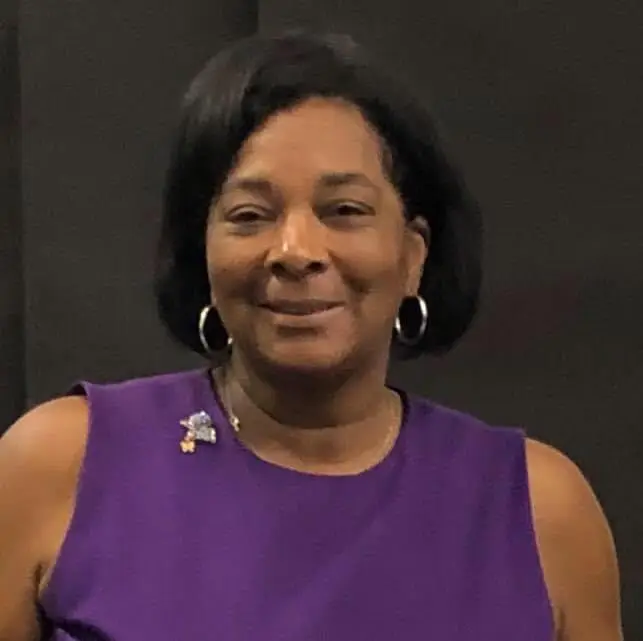
In March of 2023 , Jan was diagnosed with a large aggressive triple negative breast cancer and informed that her cancer was the” bad girl” of cancer and offered standard chemotherapy for 24 weeks. Devasted by the diagnosis Jan felt like she had a dire prognosis. After seeking several opinions, she opted to join a Clinical Trial program for her treatment. The trial consisted of significantly less chemotherapy, and monitored closely over a 12-week period, The data predicted a complete pathological response , and she then went immediately to surgery. Pathology reports supported that she had a successful outcome reaching PCR meaning the tumor was gone, and no residual cancer was found in the surrounding tissue or lymph nodes. Jan was thrilled when her surgeon advised her of the results. The experience made Jan want to give back and share information that she received when she was at a critical juncture in her diagnosis. She is so passionate about making sure that everyone knows that the standard of care is one treatment option.
As she says, “ clinical trials have to be on the table” Because she achieved PCR, she expects a great outcome. She wants to share her story and encourage other women to strongly consider and participate in clinical trials. Jan is a UCSF Patient Advocate, involved in several programs they lead. Jan also is a BLACC Cab Member. Jan recently was in Washington DC to participate on a panel on Clinical Trials for ISPY at the National Press Club. UCSF will be hosting the RISE Up For Breast Cancer event where Jan will share her experience with clinical trials.
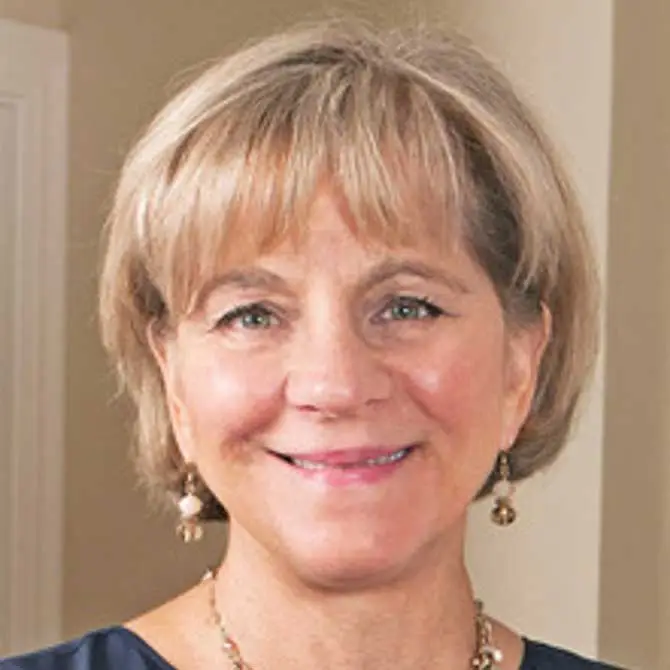
Joan Venticinque, a two-time breast cancer survivor, has over 14 years of experience advocating for cancer patients and their families. Joan has been a member of the Breast Science Advocacy Core (BSAC) with the UCSF Breast Oncology Program since 2009. Her past work with the Cancer Supportive Care Program at Stanford and with Bay Area Cancer Connections in Palo Alto informs her collective understanding of the concerns that survivors, patients, family members, and persons affected by cancer face.
Joan has been an advocate reviewer and member of the research team on grants for California Breast Cancer Research Program, Department of Defense Breast Cancer Research Program, NCI and PCORI assuring cancer patients’ needs are understood and addressed in supported research.
Joan is a current member and past chair of the California Breast Cancer Research Program Council and a community member on the Stanford Scientific Review Committee, Stanford Cancer Center. Her continuing work with The Second Opinion in San Francisco keeps her connected with the current issues cancer patients face. Her experience as a breast cancer survivor and research advocate drives her passion to promote true translational research to improve patient outcomes and quality of life after cancer.
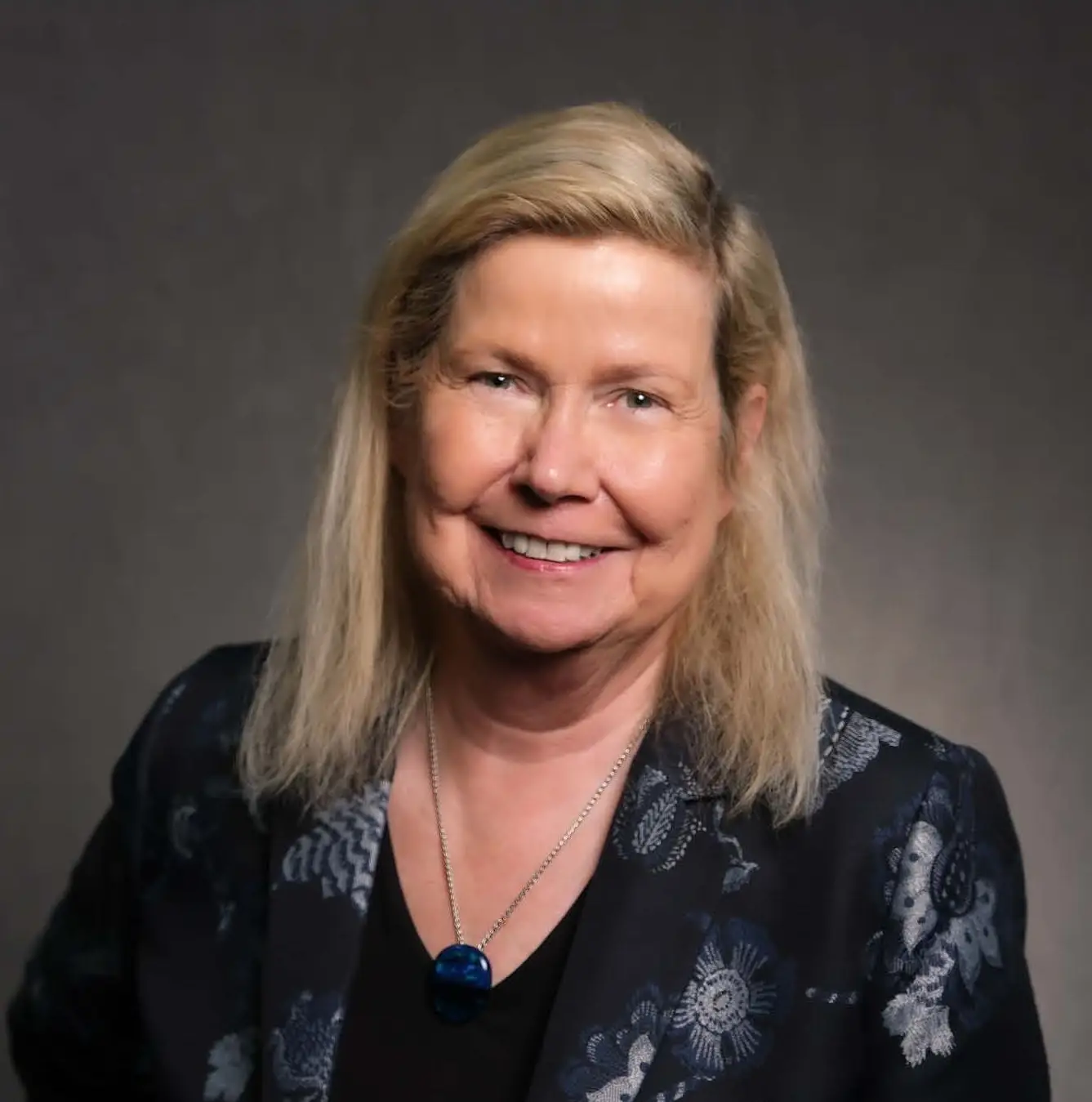
Deborah’s breast cancer diagnosis in late 2022 catalyzed her interest in breast cancer research and patient advocacy following a complicated diagnosis. She is pleased to be participating as a patient advocate at UCSF, as well as with state, national and international groups, and has channeled her research and health care background in her advocacy work.
Deborah is a member of the National Breast Cancer Coalition and attended their Project Lead Science Training program in the summer of 2024, and will complete their Public Policy Institute in 2025. She serves on the Research Committee of the Lobular Breast Cancer Alliance (LBCA) and has been a grant reviewer for ASCO and LBCA. She begun working with Dr. Rita Mukhtar at UCSF on lobular breast cancer research and served on a panel for the Annual UCSF Breast Oncology Program Retreat. Deborah joined as a new member of the UCSF I-SPY Patient Advocate Panel in 2025 and serves as a Board member of Breast Cancer Care & Research Fund which links education, research and care to end breast cancer.
Throughout Deborah’s 30 plus year career in health care administration, she has worked to make health care more inclusive, accessible, equitable and personal. She started her health care career at the Stanford School of Medicine and then worked with several hospitals and health systems, including Kaiser Permanente where she worked for 22 years, serving as a medical group administrator and hospital CEO in Northern California, then at the National level as Vice President for Patient and Service Quality and as an Executive for National Quality and Board Governance.
Deborah is passionate about the importance of evidence-based research and multi-specialty team collaboration in solving problems and is committed to advancing breast cancer research, to supporting researchers, clinicians and patients, and to ensuring that the patients’ perspective is integrated into research, clinical trials and care. She has a BA with Highest Honors in Sociology and Research Methods from the University of California, Santa Cruz and a MBA from the Anderson School of Management at UCLA. She enjoys opera, jazz and the performing arts, as well as hiking, dancing and traveling, and is excited to be moving back to San Francisco in spring, 2025.
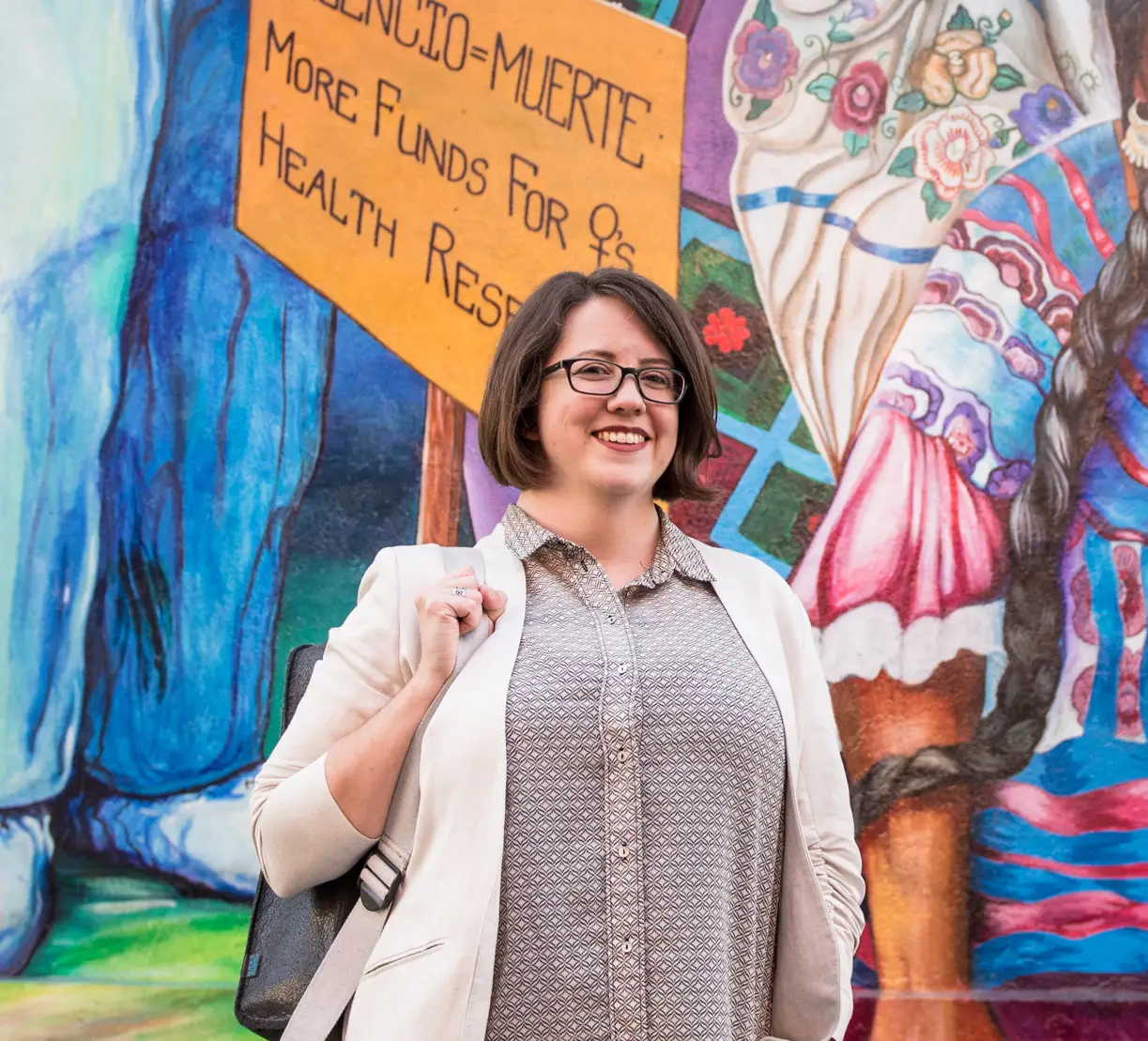
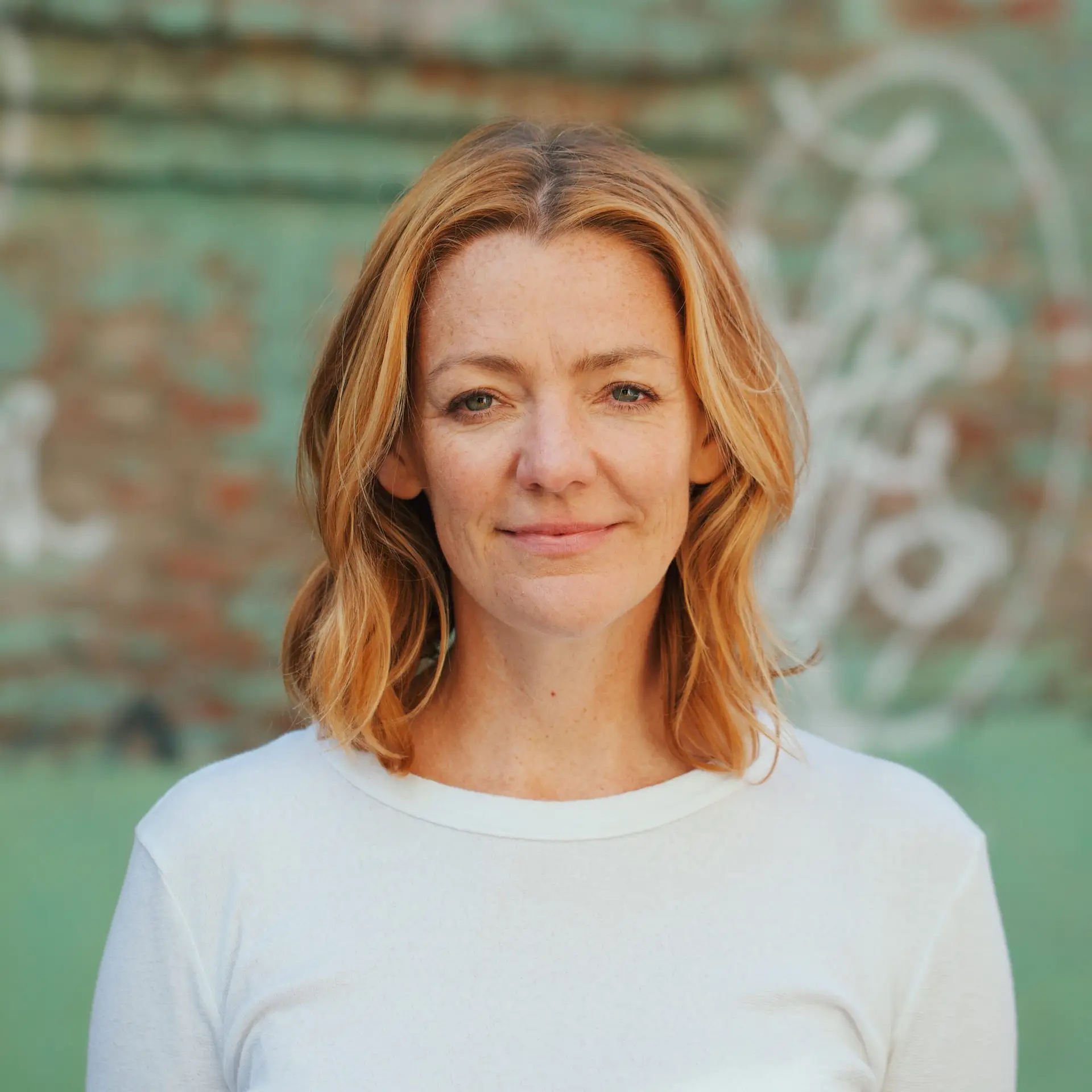
Kelly Wilkinson is a breast cancer survivor and advocate wanting to positively affect patients’ understanding of what they are going through and what best serves them — meeting them where they are in their level of understanding at a time when their worlds have flipped upside down. Kelly participated in the I-SPY 2 trial at UCSF under the care of Dr. Hope Rugo.
As a former public radio journalist, Kelly looks forward to using her experience and skills to help women going through breast cancer get their arms around what is happening and what hopeful developments are ahead for all of us.